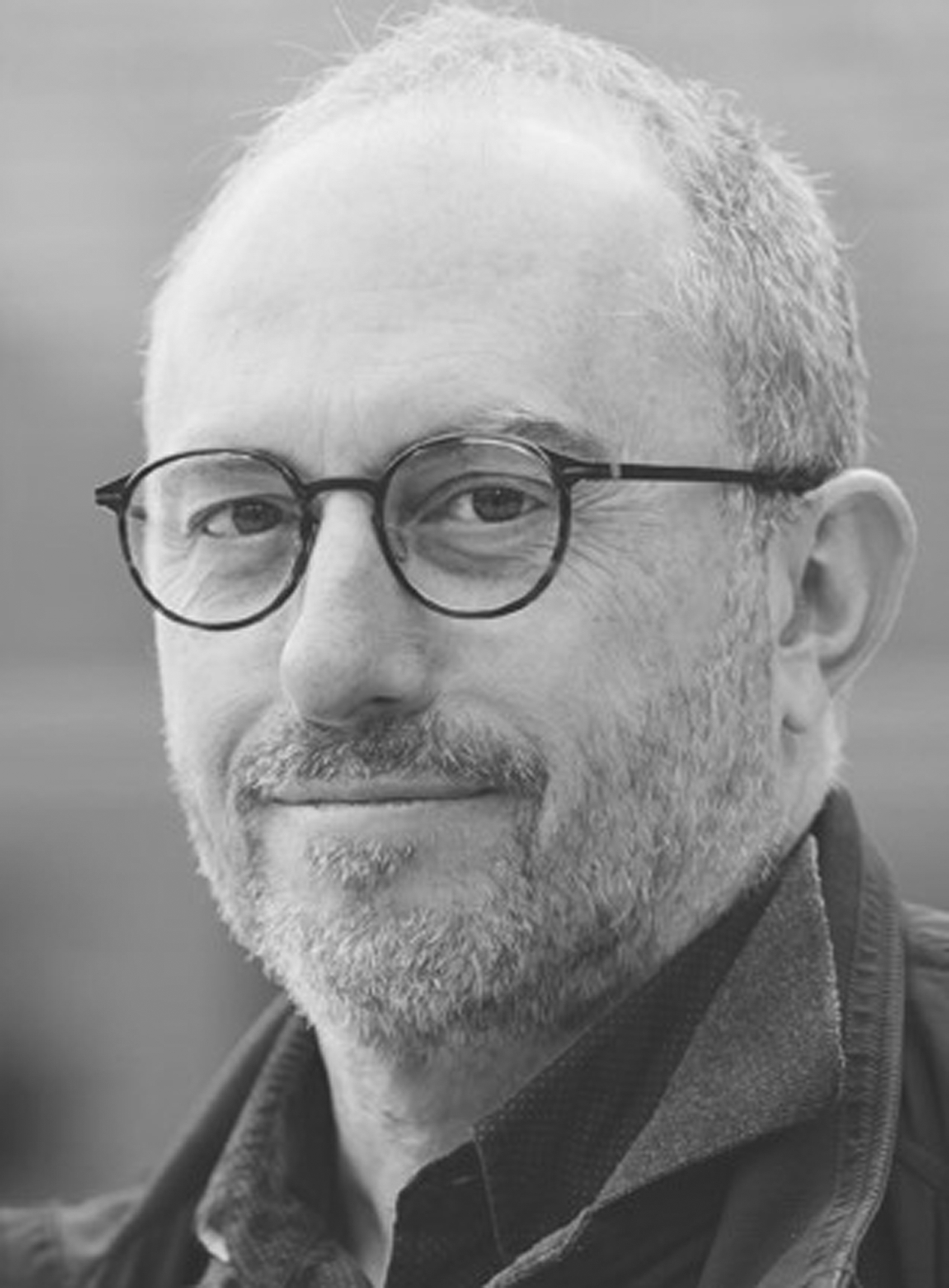Carles Feixa (Lleida, 1962) is professor of social anthropology at the Universitat Pompeu Fabra (Barcelona). He has a PhD from the University of Barcelona and an Honoris Causa from the University of Manizales (Colombia). Former professor at the University of Lleida, he has been visiting scholar in Rome, Mexico City, Paris, Berkeley, Buenos Aires, Santiago de Chile, Newcastle and Lima. He has specialized in the study of youth cultures, conducting fieldwork research in Catalonia and Mexico. He is author or coauthor of 50 books, including De jovenes, bandas y tribus (Barcelona, 1998, 5th ed. 2012), Youth, Space and Time (Boston & Leiden, Brill, 2016) and La imaginación autobiográfica (Barcelona, Gedisa, 2018). He has been a consultant on youth policies for the United Nations and VP for Europe of the research committee “Sociology of Youth” of the International Sociological Association. In 2017 he obtained the ICREA Academia and the Advanced Grant of the European Research Council.

Carles Feixa Pampols
ICREA Academia 2016
Universitat Pompeu Fabra · Social & Behavioural Sciences

Research interests
The ERC-AdG Project (TRANSGANG), to be done during my ICREA Academia period, will focus on experiences of intervention by youth gangs of two transnational communities (Latinos and Arabs) in cities within three geographical and cultural regions -Southern Europe, North Africa and the Americas. The novelty of the project is two-sided. Firstly, it focuses on inclusive and positive aspects of gang membership and the positivation of their marginalized position within the social structure. Secondly, it uses a transnational comparative methodology, focused on a group rarely included in gang studies –Young Arabs- along with another over-studied group –Young Latinos. The ultimate goal is to develop a renewed transnational, inter-generational, intergeneric and transmedia approach to Twenty-First-century gangs, very different from the local, coeval, male and face-to-face model used for understanding gangs in the Twentieth century.
Keywords
Youth, Social change, Gangs, Migration, Violence, Mediation